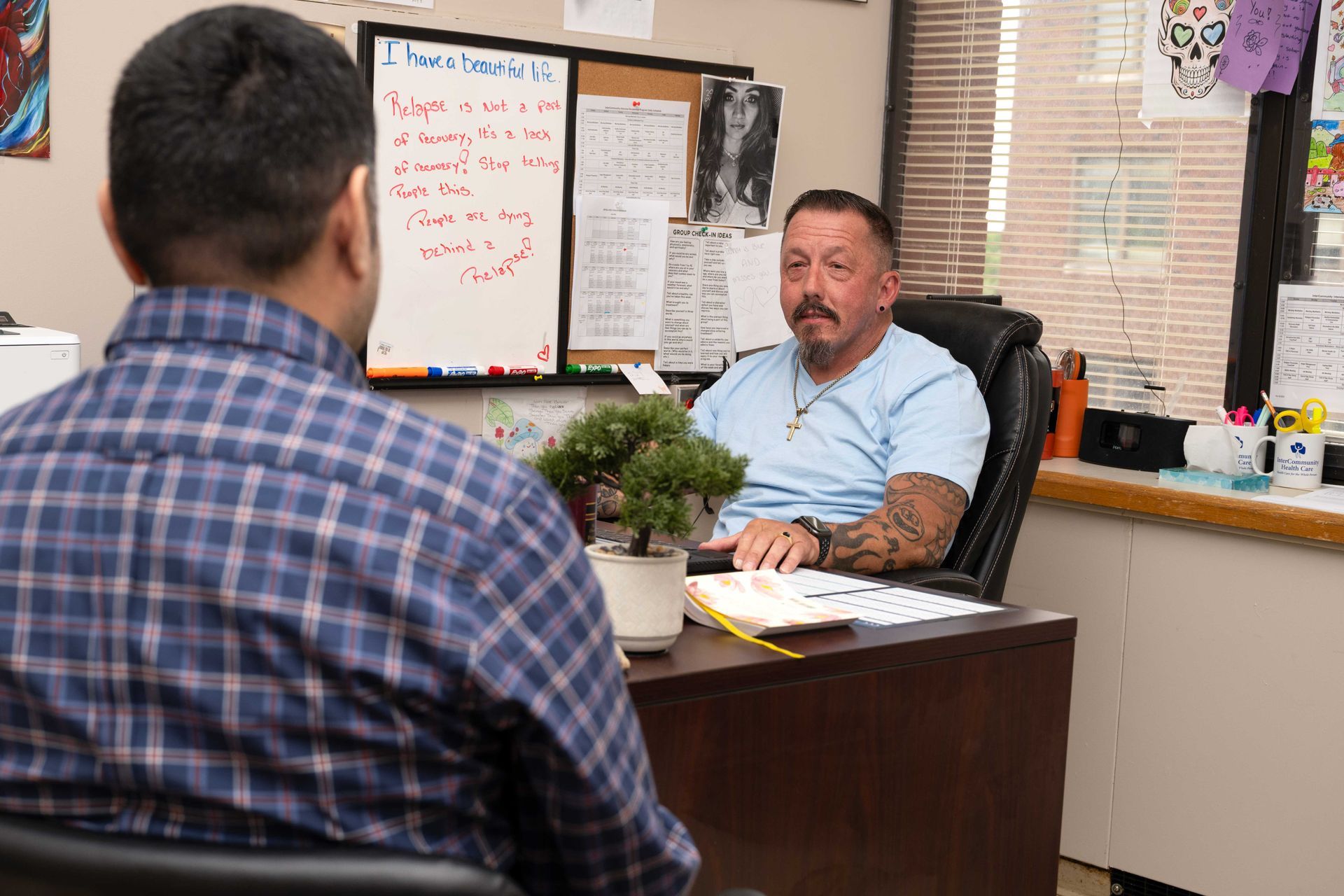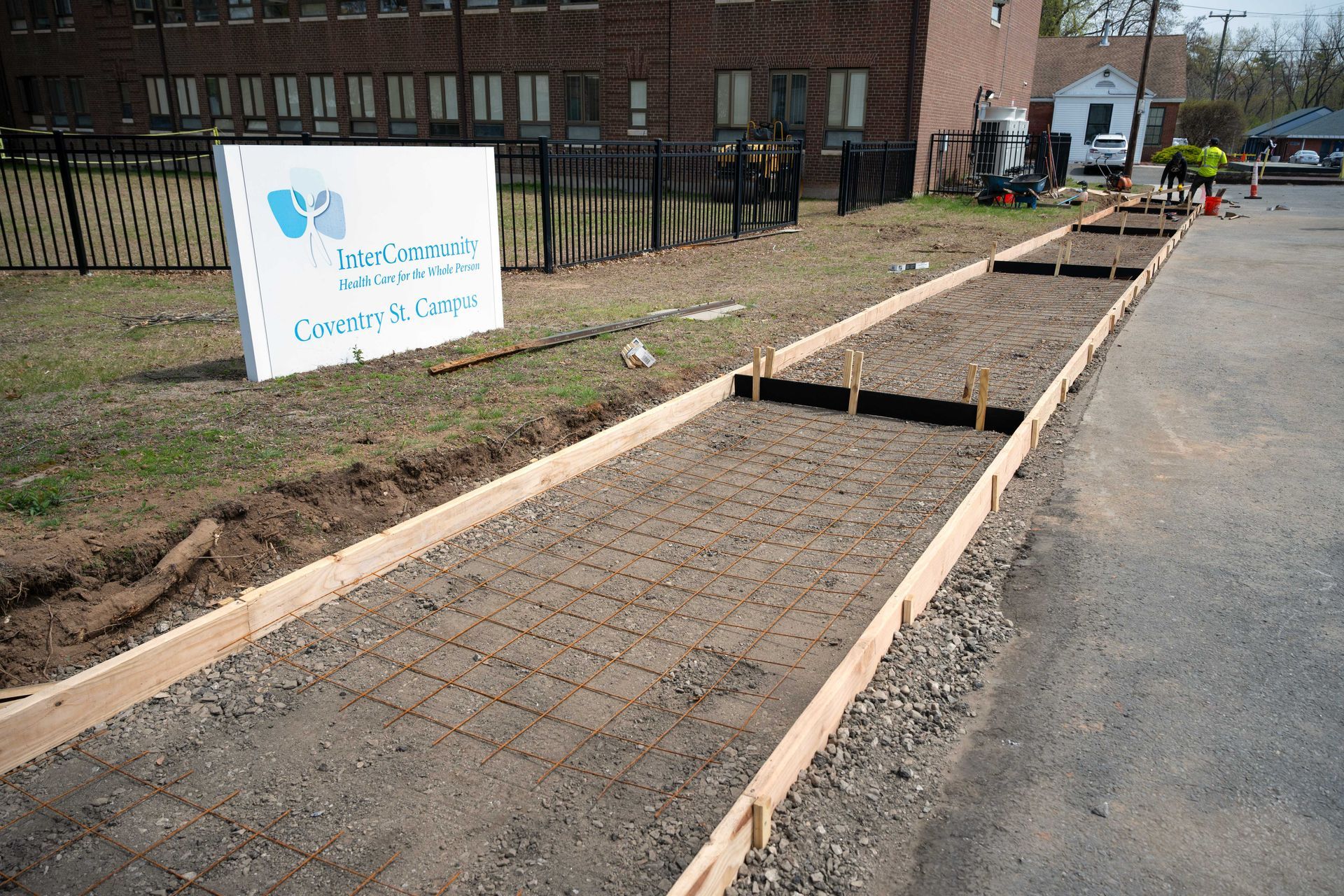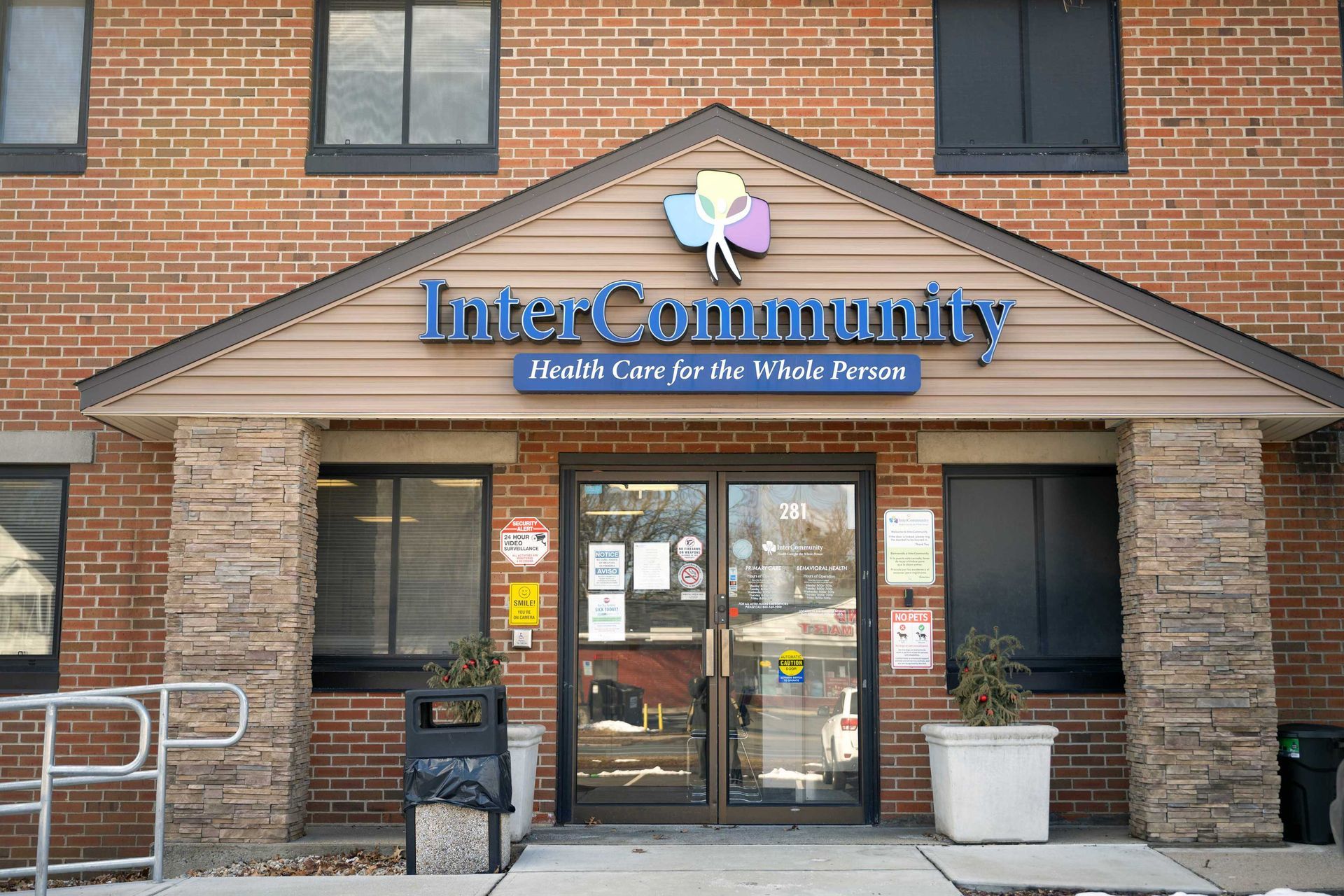Helping Someone in Crisis
Do you know what to do if a friend or family member is overwhelmed and in crisis? One in every 5 American adults experiences mental illness in a given year, but many are never diagnosed or receive treatment. Stressors at home, work, or school can lead to panic attacks, depression, anxiety, substance use, unusual or risky behavior, self-harm, and suicidal thoughts. While it can be unnerving to see someone you care about suffer emotional distress, your help and support can make a difference.
Signs that a person is in an emotional crisis include the following:
- Personality changes and rapid mood swings
- Inability to perform daily tasks such as bathing and dressing
- Out-of-control behavior, emotional outbursts, severe anxiety, anger or agitation
- Feelings of hopelessness and worthlessness
- Withdrawal and isolation from others
Sometimes these changes are sudden, but behavioral changes may also be gradual.
You can show support for someone in crisis by letting them know you’re concerned about their health and safety. You can start the conversation by telling them what you’ve noticed specifically and why you’re worried, and ask if they want to talk about it. Try deep listening, which is paying close attention to the person’s words, emotions, and body language. Avoid interrupting, jumping to conclusions, blaming, or judging. Assure the person that you’re there for them. Stay calm and ask how you can help.
If you think the person is at risk of suicide, it’s a medical emergency and it’s important to get professional help immediately. Don’t try to resolve the situation yourself and never agree to “keep it a secret” if the person expresses suicidal thoughts. If the person has been seeing a psychiatrist or therapist, start there. If not or you can’t reach the person’s healthcare provider, call 911 or the National Suicide Prevention Line at 1-800-273-8255. Remove access to firearms and other weapons, as well as medications. Stay with the person until help arrives, and continue to express your support and concern. Your intervention can make the difference in getting your loved one the care they need to get through the crisis and beyond.
The post Helping Someone in Crisis appeared first on InterCommunity.



















